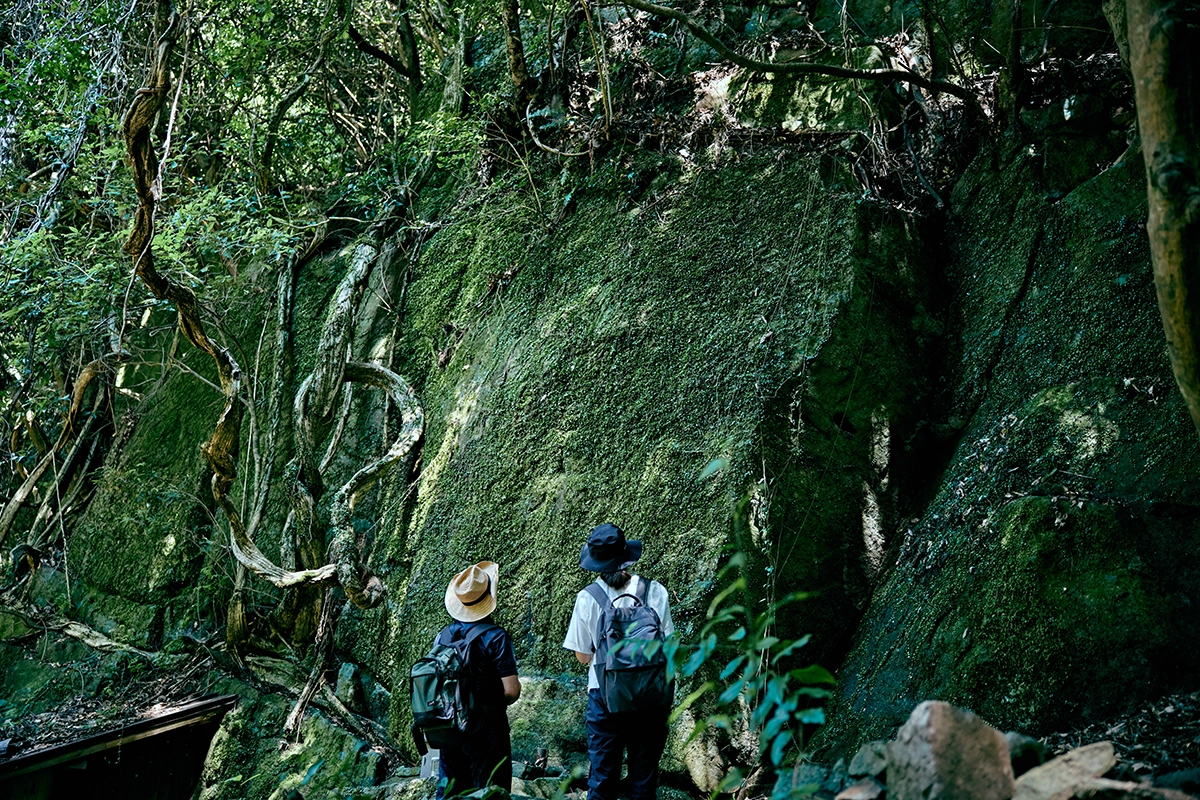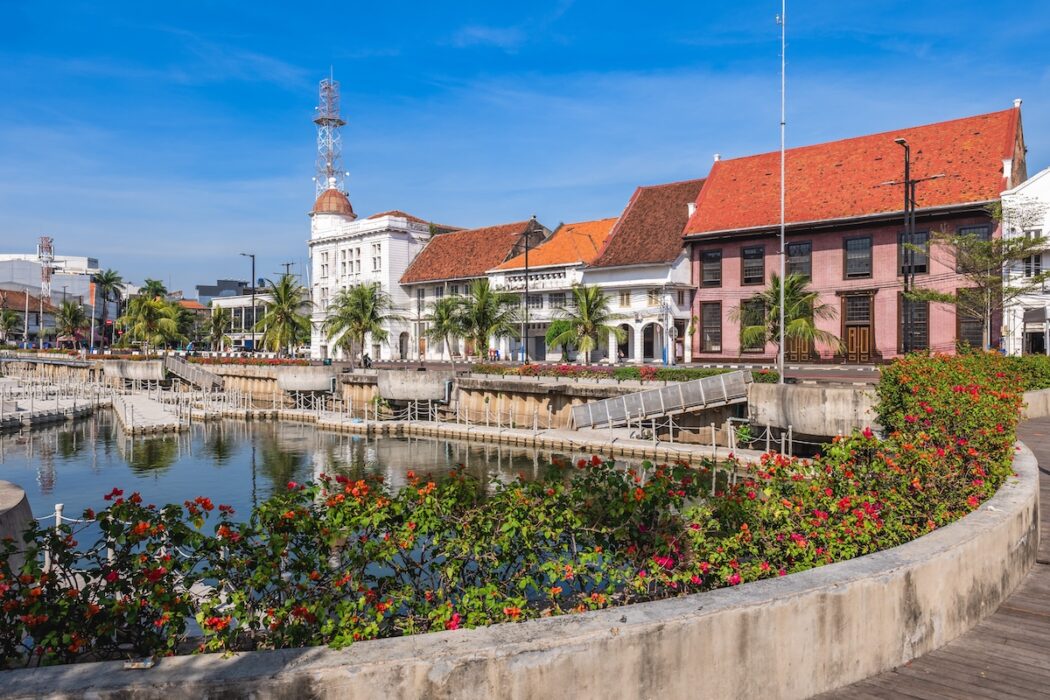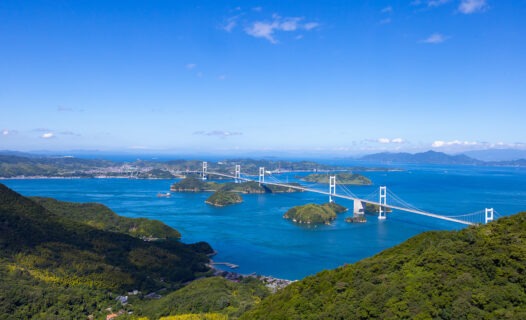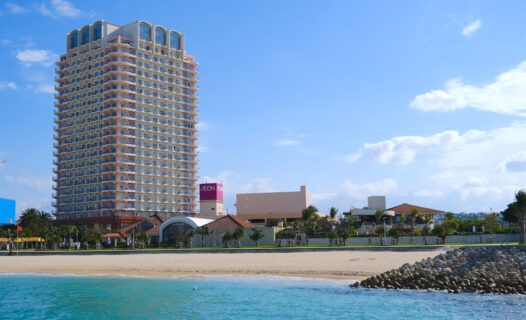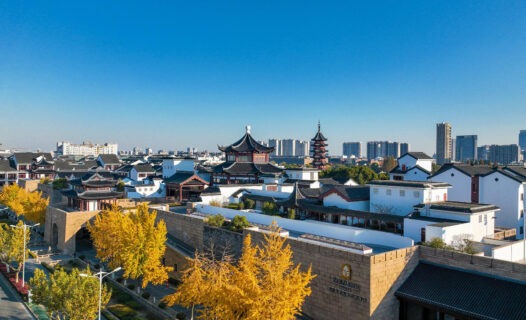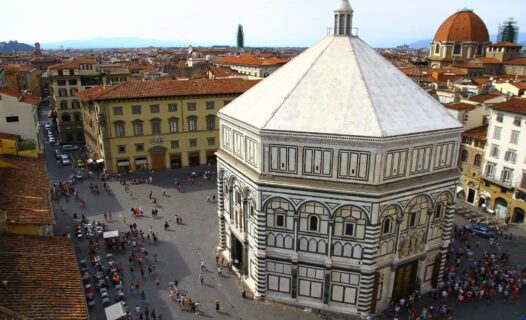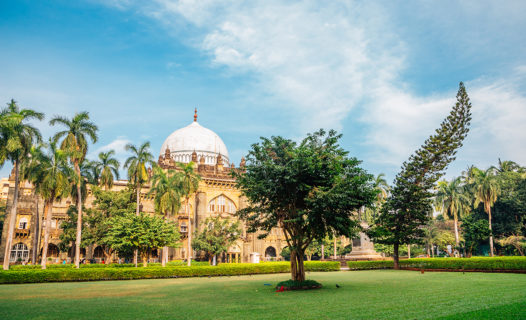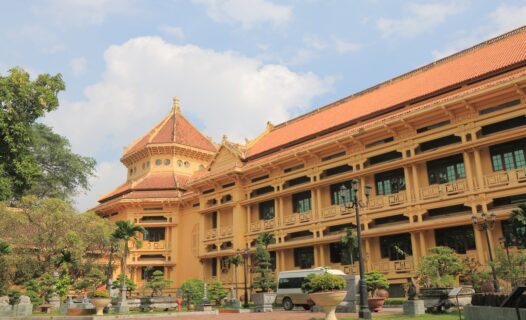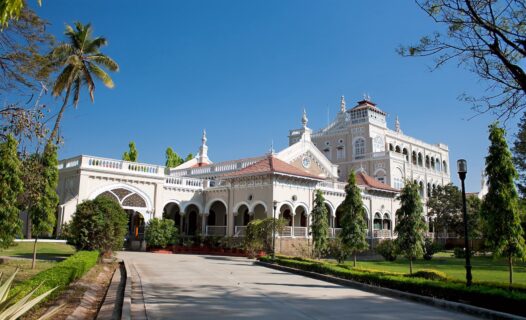Experience the Festivals of Indonesia: A Celebration of Culture and Community
Indonesia is a dazzling mosaic of cultures, traditions, and communities, where every festival tells a story. From the vibrant streets of Bali to the serene landscapes of Java, the festivals in Indonesia are not just events; they are a celebration of life, unity, and cultural heritage. These cultural celebrations are a window into the soul of the nation, showcasing local traditions, art, music, and, most importantly, the spirit of community bonding.
Each festival is a unique experience, offering a glimpse into the rich tapestry of Indonesia’s cultural heritage. Whether you’re a culture enthusiast, a foodie, or an adventure seeker, you’ll find something to pique your interest in the diverse festivities that unfold throughout the year. Join us as we explore some of the most colorful festivals in Indonesia that you simply can’t miss!
The Most Colorful Festivals in Indonesia You Can’t Miss
As you wander through the enchanting archipelago of Indonesia, you’ll discover a plethora of festivals that reflect the country’s diverse cultural landscape. From well-known celebrations to hidden gems, these festivals offer a vibrant mix of experiences that are sure to captivate any traveler.
First on the list is the Galungan Festival, a Bali tradition that celebrates the triumph of good over evil. This festival is marked by intricate decorations and a sense of community spirit that brings families and friends together. But don’t stop there! Discover the lesser-known yet equally fascinating Bau Nyale Festival in Lombok, where locals catch sea worms to honor the legend of Princess Mandalika. Each festival has its own unique flavor, and experiencing them firsthand is a fantastic way to connect with the local culture.
Whether you’re dancing in the streets during the Jakarta Fair or witnessing the solemnity of Nyepi, the Day of Silence in Bali, each festival has its own charm and significance. So, pack your bags and get ready to immerse yourself in the magical world of Indonesia’s festivals!
Celebrating Galungan: A Balinese Tradition of Goodness
One of the most significant festivals in Bali is Galungan, a celebration that occurs every 210 days according to the Balinese calendar. This festival symbolizes the victory of dharma (goodness) over adharma (evil) and is a time for Balinese Hindus to honor their ancestors. The atmosphere during Galungan is electric, filled with the aroma of traditional foods and the sight of beautifully decorated homes and temples.
Historical Context and Folklore
The roots of Galungan can be traced back to ancient Balinese beliefs, where it is said that the spirits of ancestors return to Earth during this time. The festival is steeped in folklore, with stories of gods and heroes that have been passed down through generations. Each element of the celebration, from the offerings to the rituals, is a homage to these rich traditions.
Activities and Traditions
During Galungan, families come together to prepare special dishes, including be siap (roasted chicken) and nasi kuning (yellow rice). The streets are adorned with penjor, tall bamboo poles decorated with coconut leaves, symbolizing prosperity. Participating in the rituals and enjoying the festive meals with locals is a must-do for anyone wanting to experience the heart of Balinese culture.
Eid al-Fitr: A Heartwarming Celebration of Community
Eid al-Fitr, known as Lebaran in Indonesia, marks the end of Ramadan, the holy month of fasting. This festival is a time of joy, reflection, and community, where families come together to celebrate the blessings of life and the strength of their bonds. The atmosphere is filled with laughter, delicious food, and heartfelt exchanges, making it a truly special time in Indonesia.
Culinary Highlights: Traditional Dishes and Sweets
No celebration is complete without food, and Eid al-Fitr is no exception! Traditional dishes such as rendang (spicy beef stew) and ketupat (rice cakes) take center stage, alongside an array of sweet treats like kue lapis (layered cake). Each region in Indonesia has its own special dishes, reflecting local flavors and customs. Be sure to indulge in these culinary delights as you join in the celebrations!
Family Traditions and Gatherings
During Eid, it’s customary for families to visit the graves of their loved ones, paying respects and seeking blessings. The spirit of giving is also prominent, with many donating to those in need, ensuring that everyone can share in the joy of the festival. This sense of community is palpable, making it a heartwarming experience for anyone witnessing the festivities.
Nyepi: The Day of Silence in Bali
As the sun rises on Nyepi, Bali transforms into a peaceful sanctuary of silence. Known as the Day of Silence, this unique festival marks the Balinese New Year and is observed with a day of fasting, meditation, and reflection. The beauty of Nyepi lies not just in its tranquility but in the deep cultural significance it holds for the Balinese people.
Rituals and Practices
Prior to Nyepi, the island comes alive with vibrant processions, including the famous Ogoh-Ogoh parade, where large, colorful effigies representing evil spirits are paraded through the streets and then burned. This ritual symbolizes the purification of the island, paving the way for a fresh start. On the actual day of Nyepi, all activities come to a halt, and even the airport is closed, creating an atmosphere of serene stillness.
Impact on Tourism and Local Life
For travelers, Nyepi presents a unique opportunity to witness a different side of Bali. While many resorts and accommodations remain open, the island’s usual hustle and bustle is replaced with calm. Visitors are encouraged to respect local customs by staying indoors and refraining from loud activities. This is a chance to reflect and connect with the essence of Bali in a way that few other experiences can offer.
Waisak: Celebrating Buddha’s Enlightenment
Waisak, also known as Vesak, is one of the most significant spiritual celebrations in Indonesia, especially among the Buddhist community. This festival commemorates the birth, enlightenment, and death of Siddhartha Gautama, who became known as Buddha. Held during the full moon in May, Waisak is a time of reflection, devotion, and community unity.
Candle-Lit Processions
The highlight of Waisak is the mesmerizing candle-lit procession, particularly at the iconic Borobudur Temple. As night falls, thousands of devotees gather, carrying candles and flowers, creating a breathtaking sea of flickering lights. The atmosphere is filled with a sense of peace and spirituality as participants chant prayers and meditate. Joining this procession is an unforgettable experience, allowing you to witness the deep devotion of the local community.
Cultural Performances
In addition to the processions, Waisak features various cultural performances, including traditional dances and music that celebrate Buddhist teachings. Local artists often take center stage, showcasing their talents while sharing stories from Buddhist scriptures. These performances not only entertain but also educate attendees about the rich history and philosophies of Buddhism. Be sure to immerse yourself in these cultural showcases as they add depth to your Waisak experience.
Jakarta Fair: A Modern Festival of Culture and Commerce
The Jakarta Fair, or Pekan Raya Jakarta, is Indonesia’s largest annual trade fair, held during the month of June. This lively festival is a blend of commerce, entertainment, and cultural showcases, making it a must-visit for anyone in the capital during this time. With a vibrant atmosphere, the fair attracts millions of visitors eager to explore the latest products, enjoy delicious food, and experience local culture.
Activities and Attractions
At the Jakarta Fair, you’ll find an array of activities to indulge in. From shopping for local handicrafts to sampling street food from various regions, there’s something for everyone. Don’t miss the thrilling rides and games available for families, as well as live performances from local artists and musicians. The fair is an excellent opportunity to mingle with locals, making it a great way to experience the community spirit of Jakarta.
Tips for Visiting
To make the most of your visit to the Jakarta Fair, arrive early to avoid long lines and crowds. Wear comfortable shoes, as you’ll be walking a lot! Keep an eye out for special events and performances scheduled throughout the day. If you’re traveling with kids, plan for breaks to enjoy some of the fun activities designed just for them. And of course, don’t forget to capture the memories with plenty of photos!
Bau Nyale: The Unique Lombok Festival
Every February, the island of Lombok comes alive with the Bau Nyale Festival, a captivating celebration that honors the legend of Princess Mandalika. This unique festival is centered around the catching of sea worms, known as “nyale,” which locals believe to be the reincarnation of the princess herself. The festival is not just a fishing event; it’s a vibrant cultural gathering that showcases the rich traditions of Lombok.
Significance of the Sea Worm Catching
The Bau Nyale Festival is rooted in local folklore, where Princess Mandalika is said to have transformed into sea worms to escape unwanted suitors. During the festival, locals gather on the beaches at dawn, armed with nets and buckets, to catch the elusive nyale. The excitement builds as families and friends come together to celebrate their heritage, and the sight of colorful boats dotting the coastline is a beautiful spectacle.
Local Legends and Myths
As you participate in the festivities, take the time to listen to the stories shared by the locals about Princess Mandalika and the origins of this fascinating tradition. The festival is not only a way to honor the princess but also a time for community bonding and celebration. Engaging with the locals can provide deeper insights into their culture and traditions, making your experience even more enriching.
Culinary Deep Dive: Food Festivals of Indonesia
Indonesian festivals are a food lover’s paradise! From savory dishes to sweet treats, the culinary offerings during festivals are a feast for the senses. Each region boasts its own unique flavors and traditional dishes, making food festivals an integral part of the cultural celebrations.
Must-Try Dishes During Festivals
When attending festivals, be sure to sample nasi goreng (fried rice), sate (skewered meat), and gado-gado (vegetable salad with peanut sauce). For dessert, indulge in kue cubir (sweet rice cakes) and pisang goreng (fried bananas). Each bite tells a story of the local culture and culinary heritage, offering a delicious way to connect with the community.
Where to Experience Culinary Celebrations
Many food festivals occur throughout the year, showcasing local delicacies. Popular events include the Jakarta Food Festival and the Bali Food Festival, where you can meet local chefs, attend cooking workshops, and enjoy tastings. These festivals are perfect for food enthusiasts looking to explore Indonesia’s diverse culinary landscape.
Practical Information for Festival-Goers
Attending festivals in Indonesia can be a thrilling experience, but a little preparation goes a long way in ensuring you have a fantastic time. Here are some essential tips to help you navigate the festivities smoothly.
Transportation Details: Getting Around During Festivals
During major festivals, public transportation can get crowded, so plan your travel in advance. Consider using ride-hailing apps for convenience or renting a scooter if you’re comfortable. If you’re in a bustling city, be prepared for traffic jams and allow extra time to reach your destination.
Accommodation Recommendations: Where to Stay
Book your accommodation early, especially during popular festivals, as hotels can fill up quickly. Look for options near the festival venues to minimize travel time. Agoda offers a variety of choices to suit different budgets, ensuring you find the perfect place to rest after a day of festivities.
Cultural Etiquette: Respecting Local Customs
When attending festivals, it’s crucial to respect local customs and traditions. Dress modestly, especially in religious or culturally significant events, and always ask for permission before taking photos of people. Engaging with locals and showing genuine interest in their culture will enhance your experience and foster meaningful connections.
Sustainability and Conservation Focus: Eco-Friendly Festivals
As awareness of environmental issues grows, many festivals in Indonesia are adopting eco-friendly practices. These initiatives not only preserve the beauty of the surroundings but also promote sustainability within communities.
Eco-Friendly Practices During Festivals
Look out for festivals that emphasize waste reduction and recycling. Many organizers encourage attendees to bring reusable containers and utensils to minimize single-use plastics. Participating in beach clean-up events during coastal festivals is another fantastic way to contribute positively to the environment while enjoying the celebrations.
Supporting Local Artisans and Communities
Many festivals showcase local artisans and their crafts, providing a platform for them to sell their handmade products. By purchasing these items, you’re not only bringing home a unique souvenir but also supporting local economies. Seek out stalls featuring traditional crafts, textiles, and artwork to help keep these cultural practices alive.
Outdoor Activities and Experiences During Festivals
Indonesia’s festivals often extend beyond traditional celebrations, offering a plethora of outdoor activities for adventure enthusiasts. From cultural workshops to nature festivals, there’s no shortage of ways to engage with the local environment.
Adventure Sports and Nature Festivals
Many festivals incorporate outdoor activities such as hiking, cycling, and even surfing competitions. The Lake Toba Festival, for instance, features water sports and nature excursions that allow visitors to soak in the stunning landscapes while participating in local festivities. Check the festival schedules to discover any outdoor activities that pique your interest!
Cultural Workshops and Art Exhibitions
Participating in cultural workshops is a fantastic way to learn about Indonesian traditions firsthand. Many festivals offer classes in traditional dance, music, and crafts, allowing you to immerse yourself in the local culture. Art exhibitions during these events often display the work of local artists, providing insight into the vibrant artistic community.
Seasonal Travel Insights: Best Times to Experience Festivals
Indonesia is blessed with a variety of festivals throughout the year, making it an excellent destination for travelers seeking cultural experiences. Here’s a guide to help you plan your visit around these colorful celebrations.
Monthly Festival Calendar
Each month in Indonesia brings unique festivals. January hosts the Bali Kite Festival, while February is the time for the Bau Nyale Festival in Lombok. March showcases the Nyepi celebrations, and June is all about the Jakarta Fair. Keep an eye on the festival calendar to ensure you don’t miss out on any exciting events!
Seasonal Highlights and Activities
Visiting during the dry season (April to October) is ideal for outdoor festivals and activities. The weather is generally pleasant, allowing you to fully enjoy the celebrations without worrying about rain. However, the wet season (November to March) can also be a magical time, especially for festivals that celebrate the lush landscapes and vibrant culture.
Commonly Asked Questions (FAQs) About Festivals in Indonesia
As you prepare for your festival adventures in Indonesia, you may have some questions. Here are a few common queries answered to help you make the most of your experience.
What to Expect During Festivals?
Expect a lively atmosphere filled with music, dance, delicious food, and friendly locals. Each festival has its own unique vibe, so be prepared for different experiences depending on where you are. Whether it’s the solemnity of Nyepi or the vibrant celebrations of Galungan, each festival offers a glimpse into Indonesia’s rich cultural heritage.
How to Participate Respectfully?
To participate respectfully, familiarize yourself with the customs and traditions associated with each festival. Dress appropriately, ask for permission before taking photos, and engage with locals in a friendly manner. Showing respect for their culture will enhance your experience and foster goodwill.
Fun Facts About Indonesia’s Festivals
Let’s sprinkle in some fun facts about Indonesia’s festivals that might surprise you!
- The Jakarta Fair is not just a trade event; it also features a food festival with over 1,000 food vendors!
- During Waisak, the Borobudur Temple is illuminated by thousands of candles, creating a magical ambiance.
- Bau Nyale is celebrated not just in Lombok but also in parts of Sumbawa, showcasing the shared cultural heritage of the islands.
- Galungan occurs every 210 days, making it a unique celebration that follows the Balinese calendar.
These quirky facts highlight the richness and diversity of Indonesia’s festivals, making them all the more enticing to explore!
With a plethora of colorful festivals, Indonesia invites you to immerse yourself in its vibrant culture and traditions. Each celebration offers a unique experience that connects you with the local communities and their rich heritage. So pack your bags, grab your camera, and get ready to join in the festivities that await you in this beautiful archipelago!
